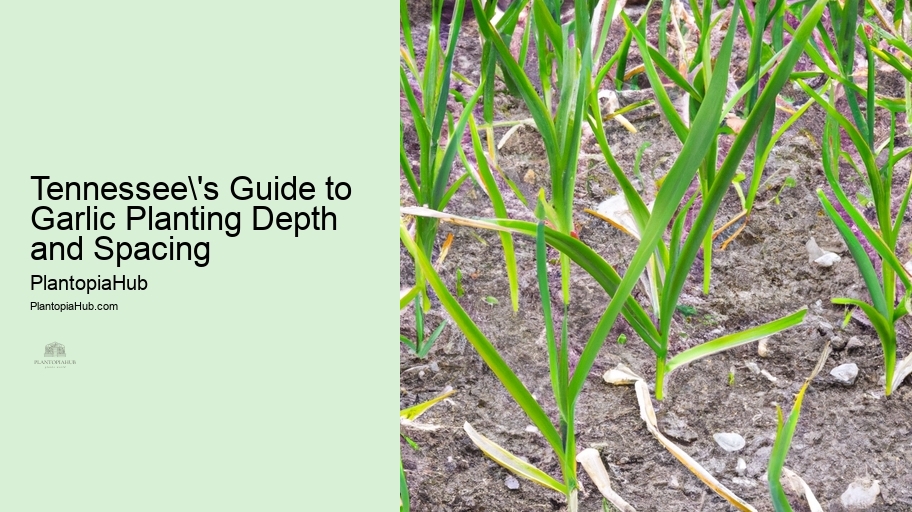

Understanding the connection between garlic and soil health is crucial for Tennessee farmers.
Incorporating garlic into crop rotations and soil-building strategies can enhance the overall health of Tennessee farmlands.
In conclusion, recognizing the symbiotic relationship between garlic and soil health is essential for sustainable farming practices in Tennessee.
Effective marketing strategies are essential for small-scale garlic producers in Tennessee.
Building a strong brand and connecting with local consumers are key elements of successful marketing.
In conclusion, implementing targeted marketing strategies can help small-scale garlic producers thrive in Tennessee's competitive agricultural landscape.
Managing farm biodiversity is crucial for balancing garlic farming and wildlife conservation in Tennessee. Implement practices that encourage biodiversity, such as planting native vegetation and creating habitat corridors. This helps support local wildlife populations while safeguarding your garlic crop.
Coexisting harmoniously with wildlife promotes ecological balance and sustainable farming practices.
In conclusion, finding ways to manage farm biodiversity alongside garlic farming contributes to a healthier and more resilient agricultural ecosystem in Tennessee.
Pest Control Methods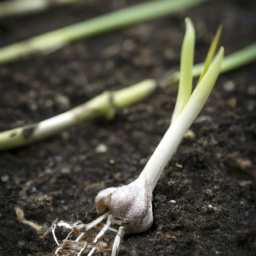
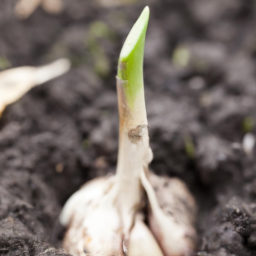
Highlighting the benefits of garlic in a balanced diet can encourage individuals in Tennessee to incorporate more garlic into their meals.
Its culinary versatility allows for various preparations, enhancing the flavor and nutritional value of dishes.
In conclusion, promoting garlic as a dietary staple emphasizes its role in supporting overall health and wellness in Tennessee.
Garlic farming can be a catalyst for community building in Tennessee.
Building a supportive community can benefit both your garlic farm and the local agricultural ecosystem.
In conclusion, garlic farming can serve as a platform for community building, enriching the social fabric of Tennessee's agricultural landscape.
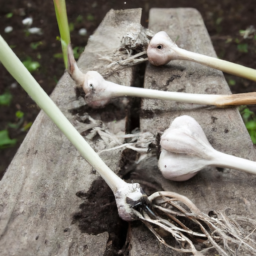
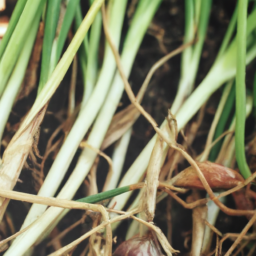
Staying updated on advancements in garlic harvesting machinery is essential for modern garlic farmers in Tennessee.
Efficient machinery can improve the efficiency and profitability of your garlic farm.
In conclusion, embracing technological advancements in garlic harvesting machinery enhances the competitiveness and sustainability of Tennessee garlic farming.
Understanding the perfect timing for planting garlic in Tennessee is crucial for gardeners aiming to harvest plump, flavorful bulbs. The state's unique climate dictates that garlic planting should ideally occur in the fall, several weeks before the first frost. Soil Types in Tennessee This timing allows garlic to establish roots while the soil is still warm, yet provides a dormant period over the winter that is essential for bulb development.
Selecting the right planting date is just the beginning. Gardeners must also consider the specific microclimate of their gardening space, as Tennessee encompasses a range of climatic conditions from the Appalachian Mountains to the Mississippi River plains. Local weather patterns and the specific location of your garden can influence the best planting time within this window.
For optimal results, aim to plant garlic in late September to October in Tennessee.
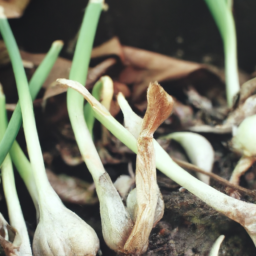
Crop insurance is essential for garlic farmers in Tennessee because it provides financial protection against unforeseen events that can impact crop yields, such as adverse weather conditions or crop failures. By investing in crop insurance, garlic farmers can secure their income and minimize potential losses, ensuring financial stability and peace of mind during challenging seasons.